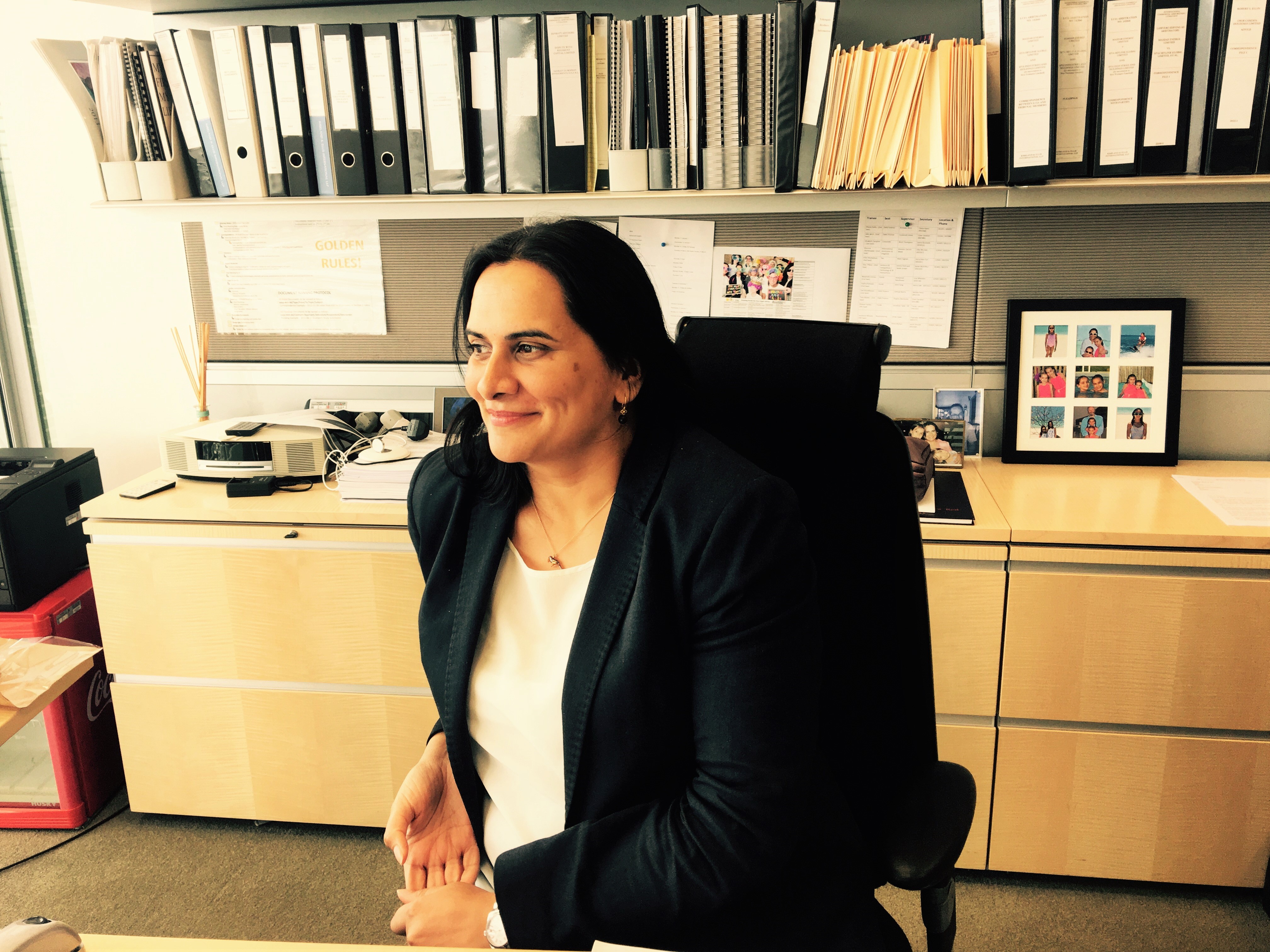Staring out my office window at the Tower Bridge on the River Thames, I am feeling nostalgic. This September I will have been in private practice for 21 years and I find myself asking, “How did I get here?”
The question is not purely self-regarding. With women (and especially minority women) still significantly underrepresented in the partnerships of major law firms, it’s the kind of question that those of us who have made it should be asking. What can we learn from our own experiences that would help the next generation of talented female lawyers?
That line of inquiry is especially relevant in the UK, which seems to me has historically been a little more skeptical about the issue of gender diversity than in the United States. Frankly, I was relatively skeptical myself, particularly so in the early years of my career, because I genuinely did not see my gender as an obstacle.
But as my career progressed, my gender appeared to affect how others perceived me. New clients on occasion looked to my male (often junior) colleagues to take the lead in meetings as they did not expect me to be the lead lawyer. There were also times when clients confided in me (after a litigation victory for them) that they had initially had some reservations about whether a female litigator could do the job, for which they were most apologetic!
Today, as a mother of two daughters, I fully appreciate the need to support my female colleagues in this demanding job. As an active member of Kirkland & Ellis’s diversity programs, I currently co-chair the firm’s gender subcommittee, which examines the issues and concerns facing women lawyers, and, in particular, the firm’s policies and practices. I also have a dynamic role with the firm’s Women’s Leadership Initiative (WLI) which aims to recruit, retain, and promote female talent and turn them into leaders at the firm and the community. Last year we held nearly 100 WLI programs in our various offices.
I could have benefited from these types of programs as a young attorney when I was pregnant with my first child in 2004 at my previous firm. At that time there were very few mothers at my old firm, which caused me to feel isolated at times. No doubt because of that feeling, I always find myself congratulating pregnant lawyers in the office and reminding them that this is the most exciting journey they will embark on.
I also seek to encourage women to take risks and find a mentor and, more importantly, a sponsor, which have both helped me in my career.
My first major risk was leaving Clifford Chance, where I began my career. Along with a senior associate, Chris Colbridge, I joined Shearman & Sterling. We were tasked with setting up an international arbitration group, which was a very specialized field at the time as there were only a couple of stand-alone arbitration practices in London. I had no idea then that the field of international arbitration would really take off, so my timing was fortunate.
With hindsight, I am not sure what made me think that I, as a second year associate, was even capable of such a challenge but I took a risk that turned out to be one of my best career decisions.
I learned an awful lot in the following few years, like how to think on my feet and deal with many unexpected situations. There were also some rather unusual situations along the way, like being asked to perform a traditional Indian dance by a client in the middle of a very serious business meeting in China—yes, that did happen, honest!
In 2005 I took another risk when I moved to Kirkland as a lateral partner to set up an international arbitration group, again with Chris Colbridge. I had a 10-month old baby at the time and knew that setting up a practice would take a lot of hard work and commitment. I was naturally concerned as to how I would juggle competing demands. It turns out having a supportive partner was a must – my husband has been a rock for our family.
Having a sponsor was also especially important in my path to equity partnership. Chris advocated for me and advised me throughout the fraught process. He sought to give me some perspective when I would worry about my prospects. Of course, I liked to remind him that he was an even worse nightmare at the time he was up for partnership five years prior!
Since becoming a partner and getting involved in diversity initiatives, I have become more aware of the plethora of views expressed on the issue of gender diversity. They range from those who believe there is a moral and commercial imperative to continue to push for greater gender diversity to those who believe that being a woman makes no difference and that firms end up creating more division through gender-focused initiatives.
Whichever camp you sit in on this issue, one thing seems clear — clients are not going to stop demanding diverse teams to work on their matters so it seems inevitable that the push for greater gender diversity in the UK will continue.
The future looks bright—more than 60 percent of trainee solicitors in the UK are female. That is a great pipeline of potential talent so hopefully the legal industry will continue to see greater results going forward.
On that optimistic note, I can now see the sun peeking out of the clouds outside and I am going to sign out as it may not re-appear again this summer. It is London after all.
Rajinder Bassi is a partner in the international litigation and arbitration group at Kirkland & Ellis.



